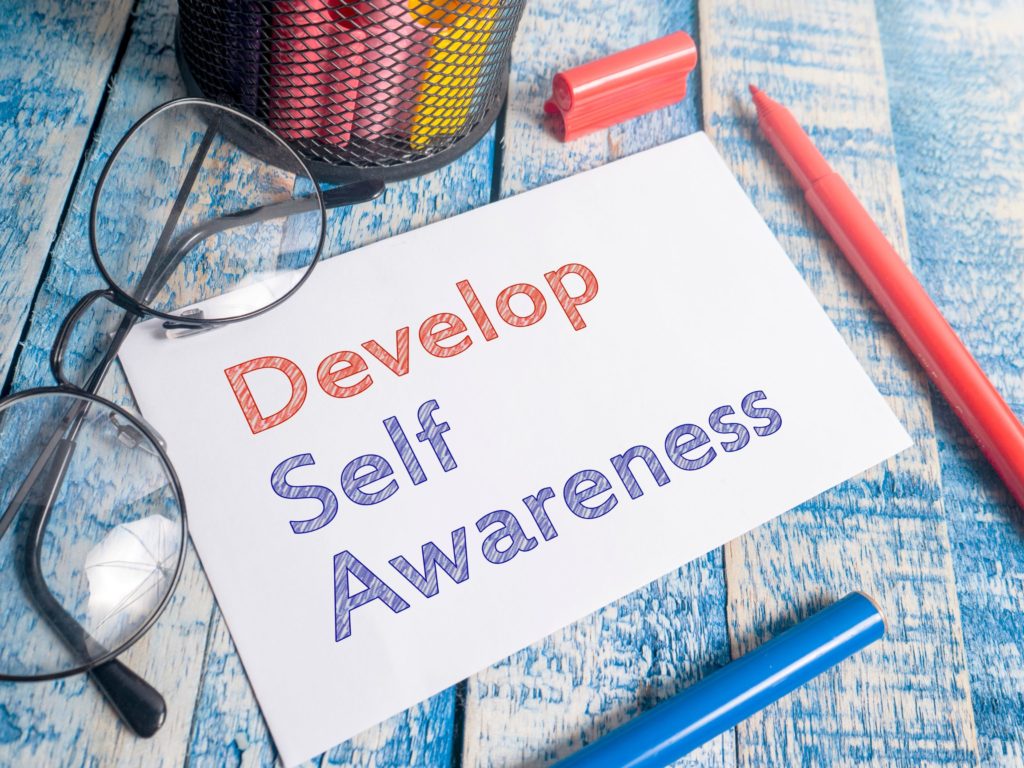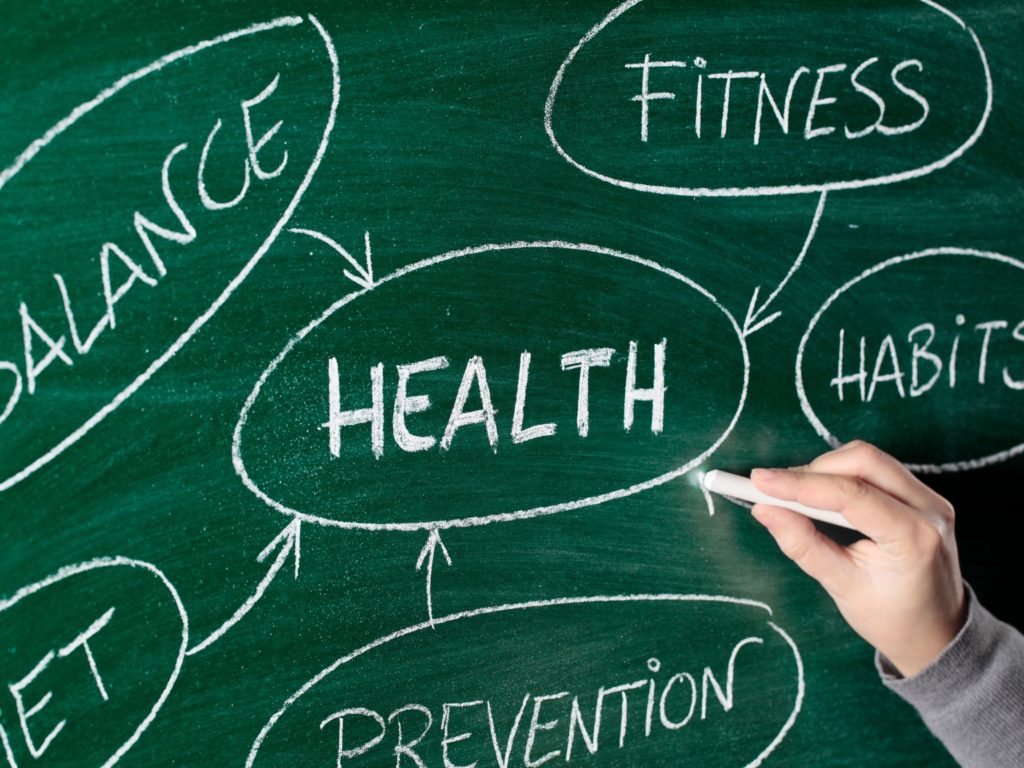Self-Care Practices that Are Important for Your Health
Erien W. Fryer – Certified Life Health and Wellness Coach

Regular self-care is essential in many aspects of life, including overall health and well-being. Fortunately, there are many ways to take care of yourself.
Remembering how you care for yourself matters as much as self-care practices themselves is crucial. Taking good care of yourself—your mind, body, and spirit—can keep you from getting burned out or overwhelmed by stress. It can also help improve your physical health.
Self-Care Benefits
Self-care isn’t just about taking bubble baths or getting a massage; it’s about holistically caring for yourself. It’s about recognizing that you have a responsibility to take care of yourself to be able to help others.
The benefits of self-care include:
- Improved mood
- Decreased stress levels
- Better sleep quality
- Healthier relationships with others
- Increased energy and vigor
- Lower blood pressure and cholesterol levels
Types of Self-Care
Self-care is not new. People have been taking time out for themselves for ages, but “self-care” has become a buzzword in recent years among health professionals and advocates who say it’s crucial to prioritize your mental and physical well-being.
Self-care encompasses many activities, such as eating right, exercising, getting enough sleep, and managing stress.

Mental
Mental self-care includes:
- Practicing mindfulness and gratitude every day.
- Practicing self-compassion when life gets stressful.
- Setting boundaries with others.
- Setting goals for yourself.
Remember that self-care is a perpetual, lifelong process. Mental health is just as important as physical health, so it’s worth practicing self-care regularly.
Social
The people in your life — family members, friends, colleagues — are all part of social self-care. Social relationships are essential because they help us feel connected to others.
Social self-care includes connecting with friends and family members through activities like going out for dinner or calling someone on the phone during their lunch break. This type of self-activity can help people avoid isolation and build relationships with others who can support them when they might otherwise feel alone.
Emotional
Be kind to yourself. Self-compassion involves treating yourself with the kindness and care you would show a friend or loved one going through a difficult season in life. If you catch yourself criticizing and shaming yourself, remember you’re only human; everyone has flaws and mistakes.
Physical
Physical self-care includes getting enough sleep, eating a balanced diet, and exercising regularly. All these things can help reduce stress levels and give you more energy to get through your day.
If you’re feeling overwhelmed, walk in nature or with friends.
Spiritual
Practice mindfulness and meditation. Mindfulness is being aware, attentive, and nonjudgmental toward your inner thoughts, feelings, and sensations in the present moment. Meditation is one way to practice mindfulness; other methods include yoga, tai chi, or walking in nature.
Examples of Self-Care
Self-care may differ depending on who you are and your personal needs. There are many ways to practice self-care.
Take time for yourself every day or even every week. Go to bed early so that you can get up early. Take a bath or shower with Epsom salts at least one night per week. Get fresh air and sunshine outside, and exercise at least once daily. Do something relaxing such as reading, writing in a journal, or listening to music after work every day. Eat healthy foods, such as fruits and vegetables.
Does Self-Care Prevent Illness?
Some illnesses are unpreventable. You can do many self-care things to care for yourself and prevent disease. If you are sick, self-care will help you recover faster.

Ideas for a Self-Care Routine
Here are some ideas for a self-care routine:
Exercise regularly. Whether going for a walk around the block or hitting the gym for an intense spin class, regular exercise can help boost your mood and energy levels. You don’t have to spend hours at the gym — just doing something active for 20 minutes can improve your mental health and energy levels.
Disconnect from technology. Technology can be great, but it can also be overwhelming and stressful if you must be more careful about how much time you spend on your phone or computer daily (and sometimes even when you are).
Sleep well. If you have trouble sleeping at night, consider using relaxation techniques before bedtime, such as deep breathing exercises or progressive muscle relaxation techniques.

The Future of Self-Care
Self-care isn’t something you do once in a while; it’s an ongoing process that involves making small changes over time to create significant results. To reap the benefits of self-care, you must be consistent.
In today’s world, it can be challenging to find time for self-care. We must make time for it — not only for our health but also because it provides greater well-being and happiness.
As technology advances and becomes more integrated into our daily lives, we’re seeing more self-help apps that promote consistency in our thinking about our health habits. Other apps help us track our moods or symptoms, so we can identify triggers earlier to prevent future flare-ups from occurring as often.

Personalized Smart Self-Care Leads to Personalized Smart Healthcare
Healthcare is taking notice and following suit. Based Technology supports opportunities for greater personalization. Data collected from smart devices equips individuals to utilize personalized data in supportive healthcare services used to maintain optimal health while preventing disease. As a result, self-care has moved from a solo sport to a team sport.
Functional medicine provides personalized support to multiply the impact of self-care activities such as quality sleep, exercise, and meditation. For example, an individual with sleep disorders may never feel rested regardless of the hours of sleep they obtain with support to address sleep apnea. The quality of the self-care practice of sleep receives an immediate upgrade. If you are ready to add a medical element to your self-care team Medical Direct Care is eager to serve you. Learn more at www.medicaldirectcare.com.
